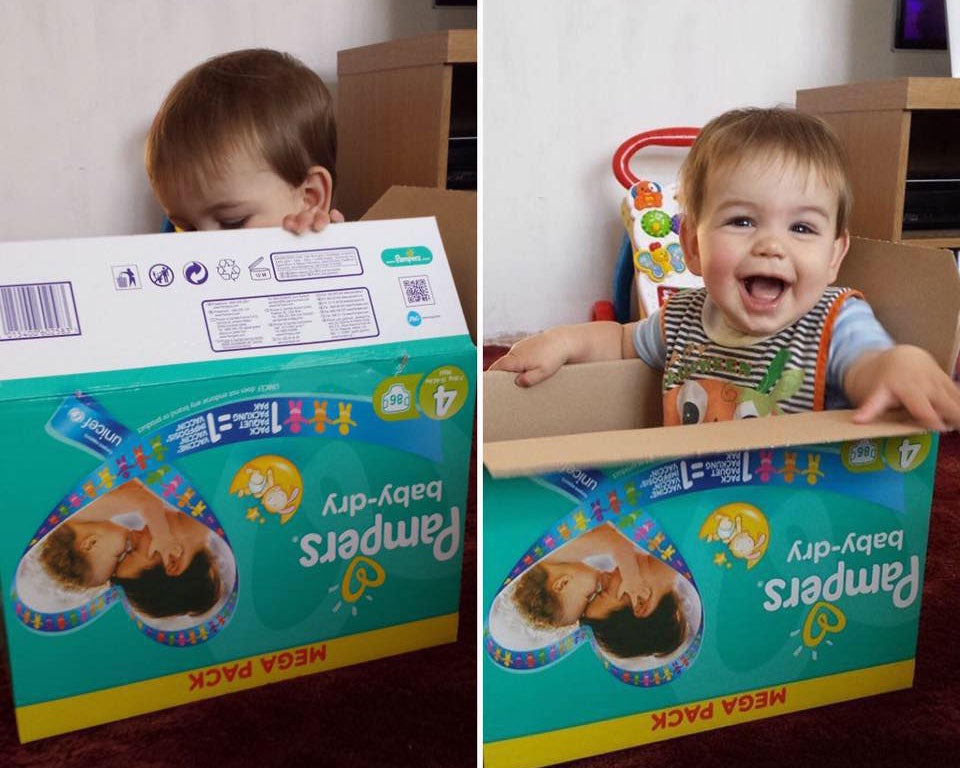William Mead's 'fate was sealed' after NHS 111 call handlers failed to identify his deadly illness, says mother
The report called into question the NHS non-emergency helpline’s ability to identify deadly illnesses

Your support helps us to tell the story
From reproductive rights to climate change to Big Tech, The Independent is on the ground when the story is developing. Whether it's investigating the financials of Elon Musk's pro-Trump PAC or producing our latest documentary, 'The A Word', which shines a light on the American women fighting for reproductive rights, we know how important it is to parse out the facts from the messaging.
At such a critical moment in US history, we need reporters on the ground. Your donation allows us to keep sending journalists to speak to both sides of the story.
The Independent is trusted by Americans across the entire political spectrum. And unlike many other quality news outlets, we choose not to lock Americans out of our reporting and analysis with paywalls. We believe quality journalism should be available to everyone, paid for by those who can afford it.
Your support makes all the difference.The mother of a one-year-old baby who died of sepsis said his "fate was sealed" after NHS 111 call handlers failed to identify his deadly illness.
Melissa Mead, mother of William Mead, told BBC Radio 4: “When I dialled 111… we were told William’s condition was non-urgent and didn’t require any emergency treatment, and that we would get a call-back within six hours.
“But when the doctor called back after three hours, I think William’s fate was sealed. He died within 12 hours of that phone call. We found him just after 8 in the morning… he had been passed away for a little while [already].”
Her interview follows an NHS England report into William’s death in 2014, which found there were 16 missed chances to save his life.
The report, seen by the Daily Mail and the BBC, said he might still be alive today if NHS 111 call handlers had realised he was in a life-threatening situation.
The NHS 111 non-emergency helpline’s ability to identify deadly illnesses in children and babies has been called into question.
NHS 111 call handlers are not medically trained. The report suggested that if a doctor had taken the call instead of 111 staff, they would have most likely recognised the need for "urgent medical attention".
The report detailed the opportunities missed to save William’s life. Out of 16 missed chances, the five main windows were:
- William’s GP had not recorded all the relevant information in his notes
- The severity of William’s symptoms had not been recognised
- Inadequate advice was given to William’s parents about what to do if his condition worsened
- The out-of-hours GP service had no access to the baby’s primary care records
- The pathway tool used by NHS 111 call handlers was not sensitive enough to pick up “red-flag” warnings of sepsis
It also included failure by GPs, who saw William six times in the months prior to his death, to spot pneumonia which could have prevented his circumstances.
The report said: “Had any of these different courses of action been taken, William could probably have survived.”
Recommendations made by the report included training call advisors to spot when there is a need to probe further into the condition of the patient, and when to escalate cases.
It also called for better recognition of the signs and symptoms of septicaemia by GPs.
The report is the result of a year-long campaign by William’s parents, Paul and Melissa, to find out what really happened to cause their son’s death.
Director of nursing with NHS England in the south west, Lindsey Scott, told the BBC: “One of the significant learning points for us is how difficult it is for both professionals and parents to diagnose septicaemia.
“Everyone involved in this report is determined to make sure lessons are learned from William’s death, so other families don’t have to do through the same trauma.
“None of this detracts from our profound regret at the loss of William. For that loss, on behalf of all NHS organisations involved, I would like to apologise publicly to Mr and Mrs Mead,” she told BBC.
Join our commenting forum
Join thought-provoking conversations, follow other Independent readers and see their replies
Comments